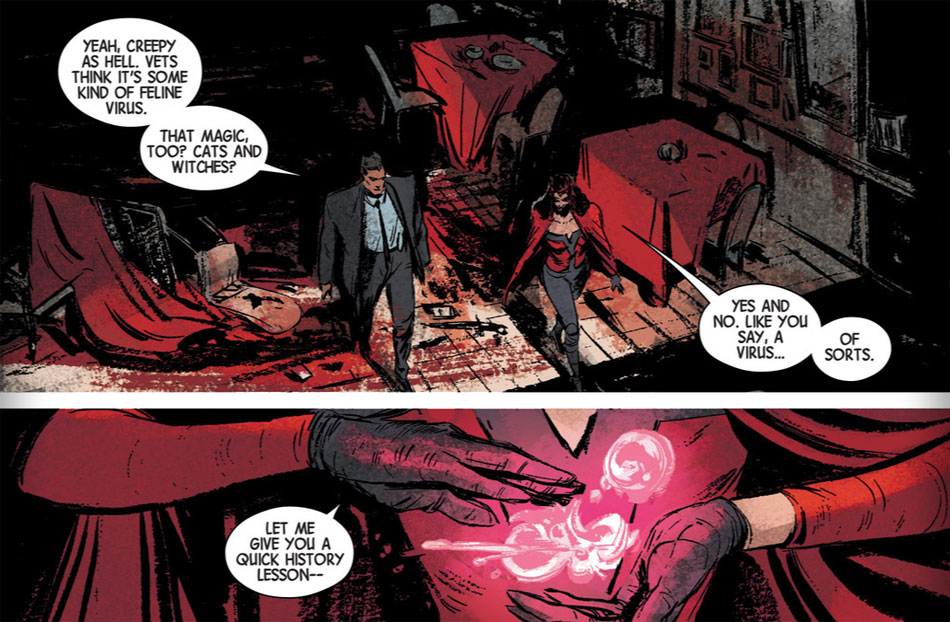Delta Redux: A Voyager Rewatch: Projections
Cogito ergo sum.
How can you prove that you exist? It it even possible? What are the implications for you as an individual if you can’t? These are just some of the questions the episode Projections asks.
When Star Trek works best, hell when science fiction works best, is when it takes concepts and ideas and controversial subjects and deals with them in unique and interesting ways. Ways that a conventional program just couldn’t achieve.
Star Trek, by taking these concepts and ideas out of their “normal” context, can play with them and in many ways delve deeper into their roots and implications simply by setting it in an “future” landscape. Stripped of sociological and historical overtones science fiction can, more often than not, have an issue resonate more with an individual because one’s guard is down. Our normal prejudices and conceits are removed because the story isn’t “real” or is “alien.”
Over the years Star Trek in its various forms has dealt with racism, homosexuality, slavery, war and death in ways overt and subtle but always made you think and question if you knew the right answer.
Projections takes a very old philosophical idea and puts it on a holodeck. Am I real?
Descartes’ seminal question put to the figure of a hologram. The Doctor questions his own existence and what it means to be alive. And it is a wild and wonderful ride to find out.
“He looks a lot like me. In fact, he looks exactly like me. Computer, is this me?” – The Doctor
Of course so far in the series the Doctor has been the breakout character. Whenever he has been on the screen he steals the scene and when given his own Doctor-centric episodes it has been a delight. So it is no surprise that when given an episode to stand alone and contemplate a philosophical dilemma it would be delightful.
Now the central question of whether the Doctor is a real person or a hologram is never really in doubt – there are six more seasons after all – but the episode is written in such a way that we wonder, maybe it was just an elaborate joke and what we’ve been watching was just an illusion and suddenly we’ll be thrust into an entirely different series. But not really. No, the most compelling thing about this episode is how the Doctor will grow. How will he, a construction of light, learn to think of himself? He has already begun to think of himself as more than a program and the crew has, begrudgingly, begun to accept that. but what does it mean to be alive?
This is something that will not be solved in this episode – but keep it in the back of your mind. The questions laid out here have massive implications for the doctor, yes, but for other members of the crew as well. Kes comes to mind, with her short lifespan, but the notion of “am I real?” will be played out over and over again during the run of the series.
I want to say that this is my favorite of the episodes so far in the series. Even with the “everything is normal, no it isn’t!” fake sub-ending. But to be fair that wasn’t such a bad thing given that the rest was so darned good.
Star Trek at its best plays with genre and deals with controversial, thoughtful subjects. This is Star Trek at its best.












Likhon chowdhury says:
Conor says:
Andy Garcia says: